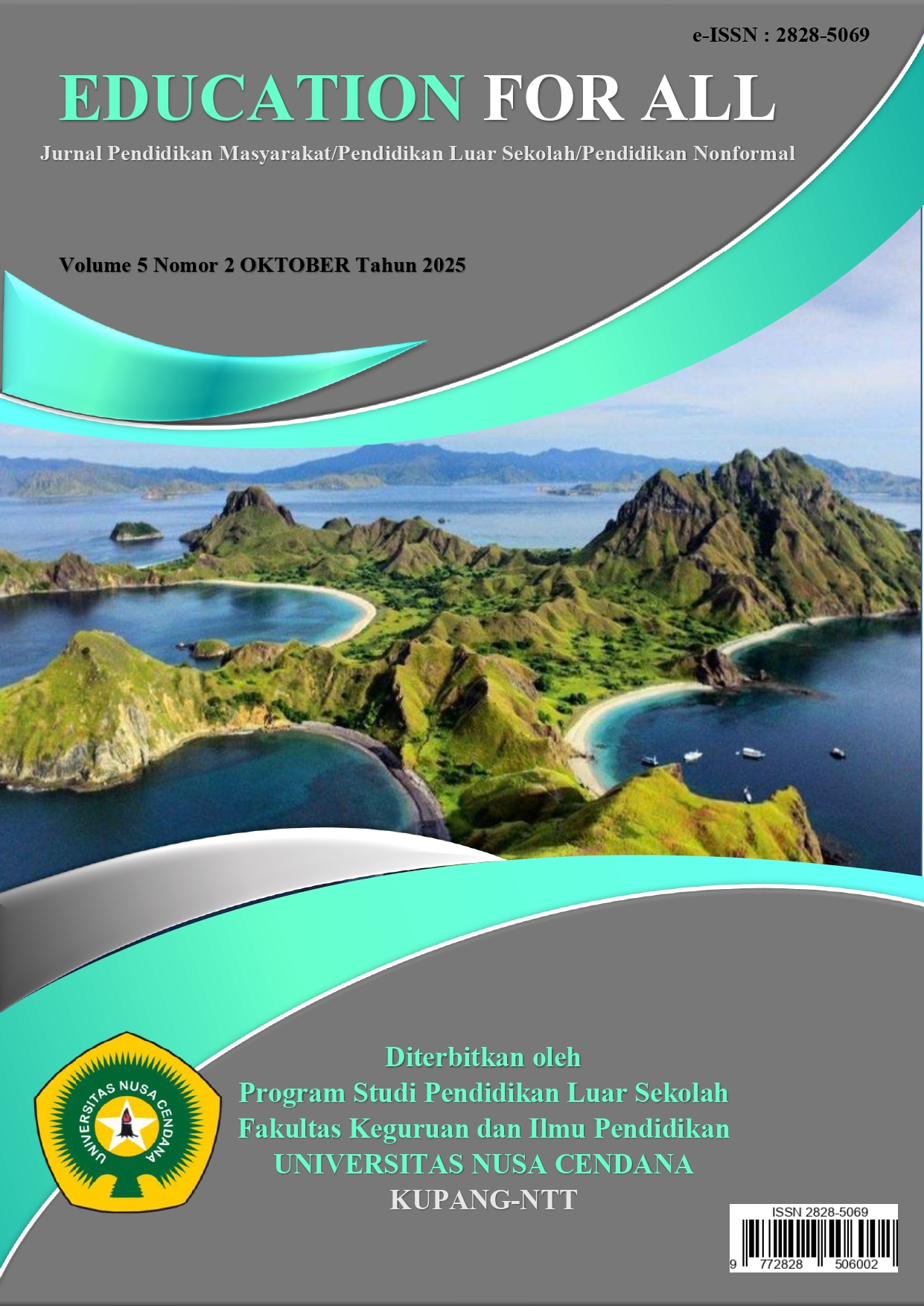Dimensi Penerimaan Diri Remaja Dari Pasangan Yang Berpisah Melalui Konsep Psychological Well-Being
Abstract
Separation not only has an impact on husband and wife but also on teenagers. Adolescence is an important period in which physical and mental development occurs. After parents separate, teenagers have to go through difficult stages, including the process of self-acceptance. The aim of this research is to dimensions of adolescent self-acceptance from separated couples through the concept of Psychological Well-Being. The phenomenological qualitative research method was carried out on teenagers aged 16-19 years whose families were not intact or where their parents had separated. Data collection techniques use observation and interviews, and are analyzed through data reduction, presentation and drawing conclusions. Triangulation carried out to explain the validity of the data is source triangulation and technical triangulation.
The research results show that self-acceptance includes stages, namely: 1) Denial, teenagers are confused about what is happening in their family. 2). Anger (anger), towards oneself and the situation of the family. 3). Bargaining (gainning), starting to accept the situation of an incomplete family and determining life goals. 4). Depression (depression), closing yourself off from other people. 5). Acceptance, accepting the situation of an incomplete family and focusing on the future. Furthermore, the aspect of self-acceptance consists of: 1). Strengths/strengths, support from extended family and being able to open up to other people. 2). Disadvantages/weaknesses, not being able to accept the situation of an incomplete family. 3). Positive behavior, spending more time at home and developing hobbies. 4). Negative behavior, lazy to go to school, irresponsible for assigned tasks, fighting with peers.

 Elisabeth Miranda Wayong(1*)
Elisabeth Miranda Wayong(1*)












